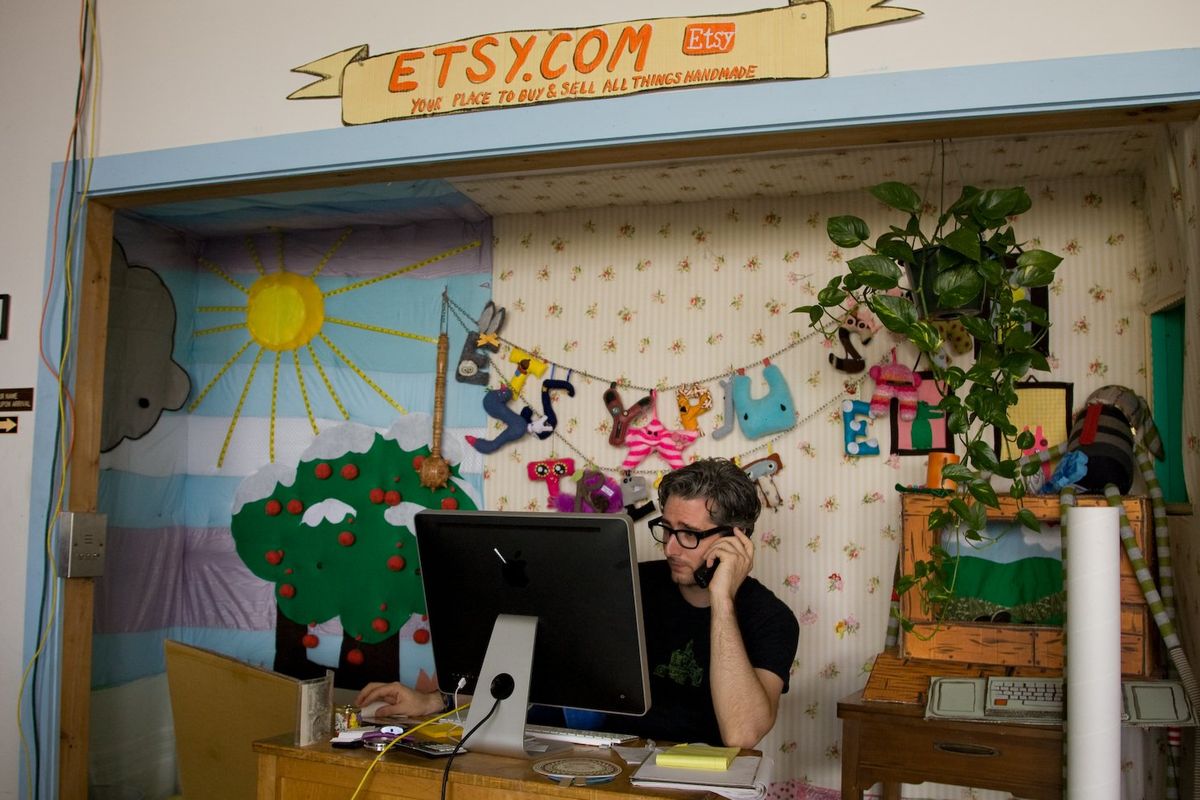
When someone possesses a unique talent, people react in two ways: They either encourage them to turn it into a career, while others caution that commercializing their hobby might strip away the joy they find in it.
Understandably, someone with a knack for arts and crafts would probably want to make money selling their wares. Because, as the saying goes, when you do what you love, you’ll never work a day in your life. Plus, setting up an Etsy shop and social media accounts and starting a small business is easy.
Further, in a world dominated by hustle culture, it’s almost expected that someone will try to monetize their hobby instead of doing it for the pure joy of doing it.
However, when your hobby becomes your job —whether that’s weaving blankets, making pizza, or creating a podcast—you now become pressured to do what you used to enjoy in your leisure time. That blanket becomes a product. Your pizza becomes foodstuff and your podcasts are now content.
Now, instead of baking that white pie because you like the taste, you add sausage and Canadian bacon to satisfy the market. The blankets you once made with high-end yarn are now being woven with the cheaper stuff to increase your margin.
Instead of taking a week off of your podcast because you don’t have an intriguing guest or topic, you’re forcing yourself to produce 45 minutes of content you would never listen to.
The topic has been a hot-button issue on Reddit, and many warn against turning one’s passion into a product. “I turned my hobby into a side hustle for a while. I realized it wasn’t worth it when my husband reminded me that the whole reason I started the hobby was to relieve stress from my job, but somehow, my stress relief had morphed into a second job. Haven’t done an art market since then,” SquishySquishy333 wrote.
“Turning a hobby into a business is a great way to turn something you love to do into something you hate,” Slumminwhitey added.
It’s easy to see why people would love a hobby to be their job because it seems a lot more fulfilling than working one that you’re not passionate about. But Robin Moriarty, a global business executive and former Forbes contributor, asks why people feel they need to be fulfilled by their career. Why not work for money and find fulfillment when you’re off the clock?
“In the U.S., our culture is very focused on achieving and accomplishing. Our identities are often wrapped up in our job, our title, our salary, and our promotions. Just go to any cocktail party and the first question is, ‘What do you do?’ which implies that what you do is an indicator of who you are,” Moriarty writes in Forbes. Work can be something you do to pay your bills so that you can go get your fulfillment elsewhere — from family, from spirituality, from friends, from volunteering, from hobbies, from taking classes, from sports. Where you choose to seek fulfillment is your choice.”
Ultimately, people should be able to follow their passions and use their talents as they see fit. But they should be aware that if they turn their hobby into a job, it’s going to be a lot less fun than doing it for pleasure. Plus, in a world where everything seems to be motivated by economic forces, doing something for the pure joy of it seems like a revolutionary act.
